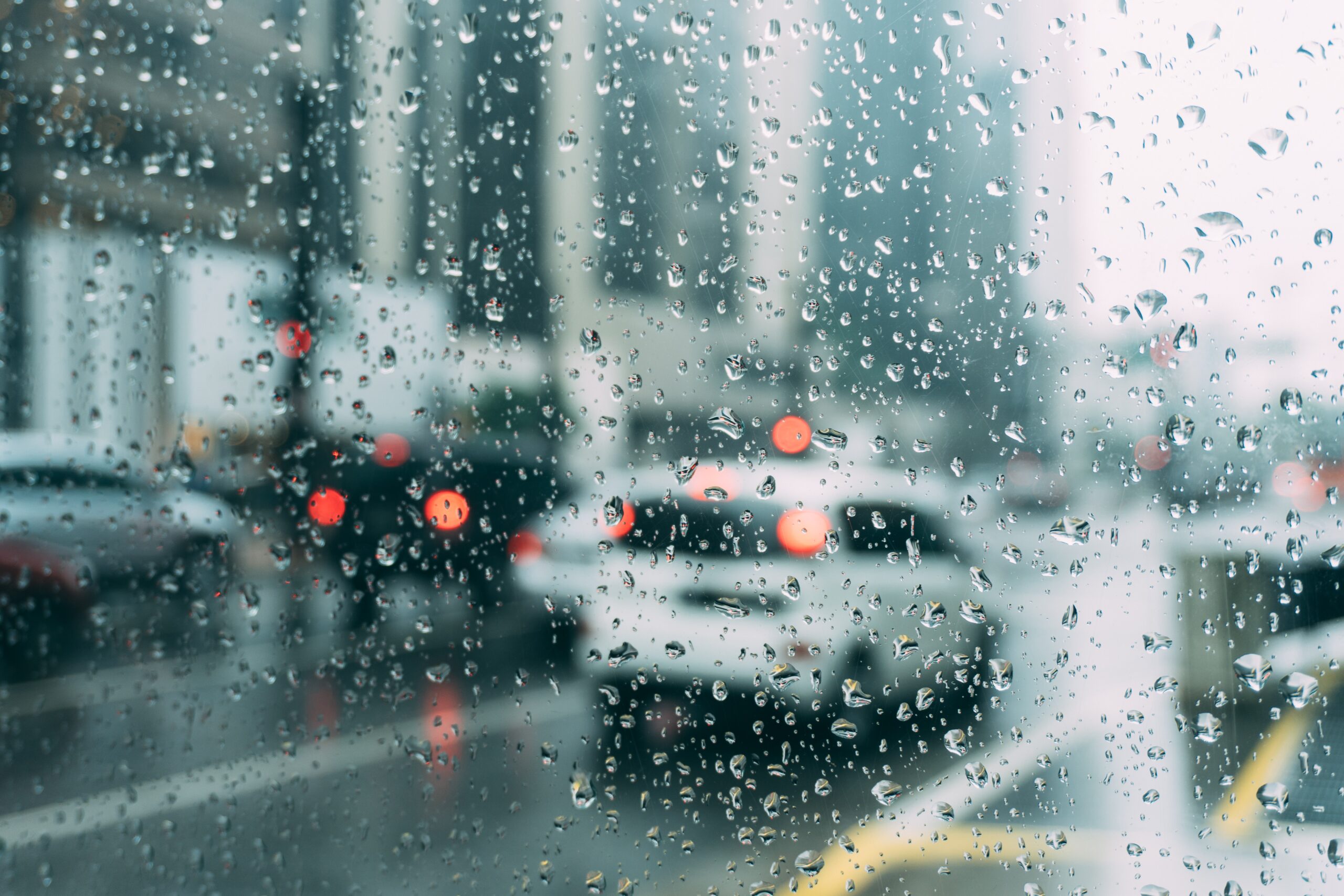
The Impact of Weather Conditions on Accident Liability in California
Weather conditions can significantly affect road safety and accident liability in California, a state known for its diverse climates, from sunny beaches to snowy mountains. Understanding how weather-related factors influence accident liability is essential for both drivers and legal professionals involved in personal injury cases. In this blog post, we will explore the impact of weather conditions on accident liability in California and provide insights into how these conditions can influence legal proceedings.
California’s Varied Weather Conditions
California experiences a wide range of weather conditions, which can vary by region and season. Some of the most common weather-related factors in the state include:
- Rain: Rainfall, especially during the winter months, can lead to slippery roads, reduced visibility, and hydroplaning accidents.
- Fog: Coastal areas are prone to dense fog, which can limit visibility and increase the risk of accidents, particularly on highways.
- Snow: In higher elevations, such as the Sierra Nevada Mountains, heavy snowfall can lead to treacherous driving conditions and accidents, including snow-related pile-ups.
- Heatwaves: Excessive heat can cause pavement to become slick, and vehicles may be more prone to mechanical failures, such as tire blowouts.
- Wildfires: California’s dry climate contributes to wildfires, which can impact visibility, air quality, and road closures.
The Impact on Accident Liability
- Reduced Visibility: Poor visibility due to rain, fog, or smoke can reduce a driver’s reaction time and make it challenging to assess road conditions. In such cases, liability may be less clear-cut, as drivers may not have adequate time to react to sudden hazards.
- Hydroplaning: Rain can create hydroplaning conditions, where a vehicle loses contact with the road’s surface due to a layer of water. Liability may depend on whether the driver was traveling at a safe speed for the weather conditions.
- Ice and Snow: In areas prone to winter weather, accidents caused by ice and snow can result in complex liability determinations. Negligence can involve failing to adapt to slippery conditions, not using appropriate tires or chains, or not taking proper precautions.
- Brake Failures: Extreme heat can cause brake failures, which may result in accidents. Liability in these cases may depend on whether the vehicle was adequately maintained and whether the driver took appropriate actions to control the vehicle.
- Wildfires and Smoke: Accidents can occur during wildfires due to reduced visibility and road closures. Liability may revolve around decisions made by authorities and the actions taken by drivers to navigate these challenging conditions.
How Weather Affects Legal Proceedings
In personal injury cases involving weather-related accidents, several factors can influence legal proceedings:
- Evidence Preservation: It’s essential to preserve evidence such as accident reports, witness statements, and photographs that document weather conditions at the time of the accident.
- Expert Witnesses: Weather experts and accident reconstruction specialists may be called upon to provide insights into how weather conditions contributed to the accident.
- Comparative Negligence: California follows a comparative negligence system, which means liability can be apportioned between multiple parties. Weather-related accidents often involve shared liability, with both drivers responsible to some degree.
- Adverse Weather as a Defense: Defendants may argue that adverse weather conditions contributed to the accident and that they were not fully responsible for the outcome. Plaintiffs, on the other hand, may argue that the defendant failed to take appropriate precautions.
Weather conditions can have a significant impact on accident liability in California. It’s essential for drivers to exercise caution and adapt to changing weather conditions to minimize the risk of accidents. In personal injury cases, legal professionals must carefully consider the influence of weather and its effects on liability when seeking compensation for accident victims. Gathering and preserving evidence, consulting experts, and understanding California’s comparative negligence laws are key elements in effectively navigating weather-related accident cases.
A personal injury lawyer can help you understand your legal options and negotiate a fair settlement on your behalf. Click here to schedule a free consultation with one of our skilled California lawyers to learn more about your options. Or call our offices at 707 549 8166.

